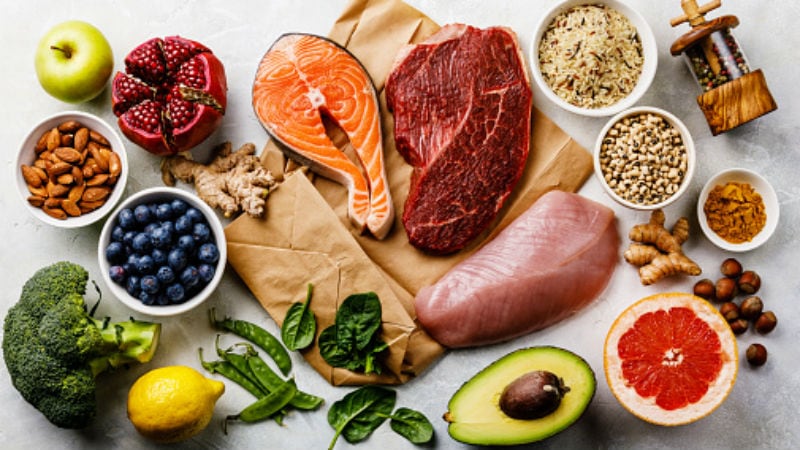Evolution of protein: Four key trends spanning plant-based, meat, dairy and fish protein to 2025
Four key trends will lead to shifts in the major sources of protein consumption by 2025, according to a major new study commissioned by Food Innovation Australia Limited (FIAL) which analysed 50 food types across 11 regional markets.
The four key trends were: Health and ethics, environmental constraints, government advocacy and technological advances.
According to the report, in 2018 plant-based proteins (including wheat, rice, maize, potatoes, etc.) supplied 66% of global protein consumption (150 million tonnes in total), and this pattern is expected to continue through to 2025.
Seven nutrients linked to reduced risk of metabolic syndrome in Japanese population: Cohort study
High intake of folate, insoluble and soluble dietary fibre, carotene, iron, vitamin C and potassium has been associated with a lower risk of metabolic syndrome in a first-of-of its kind assessment of nutrient patterns in a Japanese population.
In the study, researchers examined 30,108 participants aged 35 to 69 in a baseline survey of the Japan Multi-Institutional Collaborative Cohort Study.
They assessed dietary intake with a 46-item food frequency questionnaire (FFQ), and used BMI instead of waist circumference to diagnose metabolic syndrome.
Fortification, quality and policy: Cargill report identifies three key solutions to APAC malnutrition problem
A new report has identified three key solutions to address under- and over-nutrition in APAC, as well as the top 'megatrends' driving the prevalence of both issues in Asia.
The report, titled Food for Thought: Eating Better, was written with the support of research undertaken by the Economist Intelligence Unit (EIU), as part of Cargill-sponsored Asia Food Systems 2030 series.
In it, the authors point to lifestyle changes, growing inequality, and the media as the key drivers behind the nutritional changes in the region.
Alcohol in Australia: Wine emerges as most popular alcoholic beverage Down Under
Wine has topped the list of alcoholic beverages in terms of popularity amongst Australian consumers, beating beer and other spirits.
Recent research from Roy Morgan conducted on over 50,000 consumers has revealed that over an average four weeks, 67.5% of Australians of legal drinking age (18 and over) will drink at least one form of alcoholic beverage.
The report showed that some 42.8% of Australians consume will consume wine at least once, as opposed to beer (38.2%) and spirits (26.3%).
Low GI branding boost: Singapore start-up Alchemy Foodtech to kick start a series of campaigns
Alchemy Foodtech will be launching a series of branding campaign to help end-product manufacturers that are using its GI lowering solution to better reach out to its consumers.
Its proprietary glycaemic index-lowering solution, 5ibrePlus, recently won a start-up award at the THAIFEX-World of Food Asia trade show.
Earlier in January, it also opened a food tech laboratory, Cooklab@Alchemy to help end-product manufacturer apply the solution into their products.





